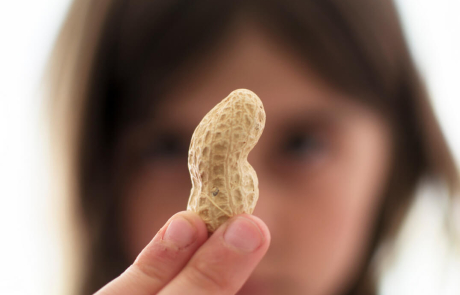
Critical Discovery in Peanut Allergy
Scientists at Benaroya Research Institute recently discovered a critical pathway in peanut allergy that may extend to other food allergies.
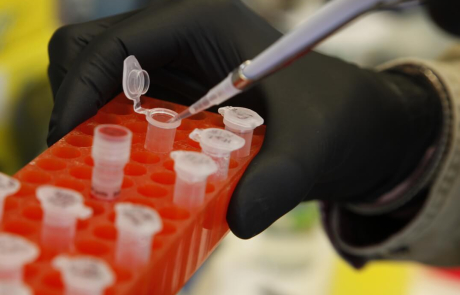
Murdock Trust Gives 30 Years of Support
"If it wasn’t for the Murdock Trust helping us with essential pieces of equipment and new technology for over 30 years, we wouldn’t have been able to achieve our cutting-edge research advancements,” says BRI President Jane Buckner, MD.

Volunteering To Fight Rheumatoid Arthritis
A day prior to her 51st birthday last year, Aline Keller fell in the shower. “Within one week I had so much pain and swelling in my hands and joints that I could barely walk,” she says.
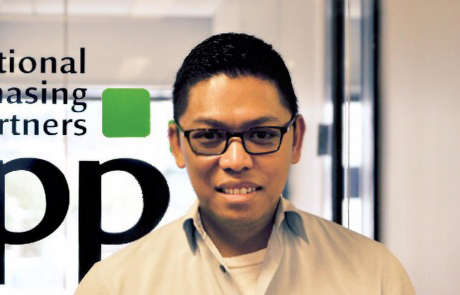
Donate Your Blood for Research
We all know you can give blood to help ill or injured people who need it, but did you know you can also donate blood for research?

A Proud Donor Supports Mission
Cece Haw served as chief financial officer and partner at NBBJ, an innovative architectural design firm that works with Virginia Mason. About 25 years ago, she was frustrated about getting answers for her health care needs.
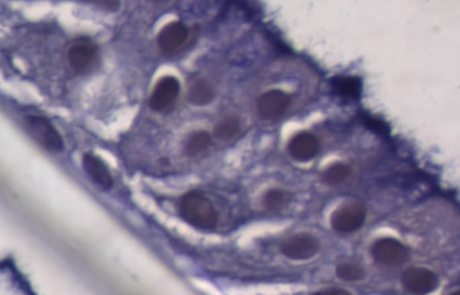
Good News for Lungs, Bad News for Allergies and Asthma
One in four people in the United States grapple with allergies, asthma or both. For years, BRI has had its sights set on helping these patients breathe easier. And our efforts just got a huge and welcome boost.
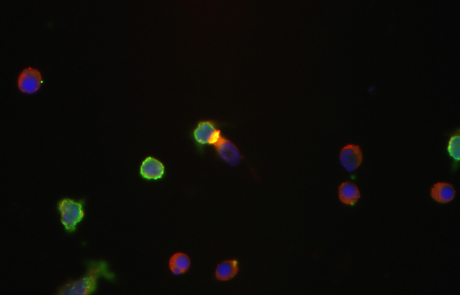
Researching Cell Communication
A critical factor in whether people develop an autoimmune disease is “cell communication.” BRI principal investigator Adam Lacy-Hulbert, PhD, is studying cell communication in the gut.

Studying Lung Conditions in a Lab Dish
How do you study children and adults who suffer from asthma, allergies or respiratory diseases? Without direct access to the lung for experiments, researchers find it challenging to study the molecules and cells that cause these conditions.
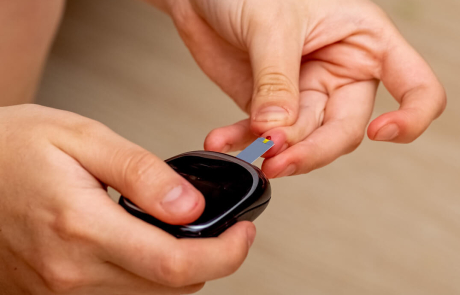
New Hope for T1D Early Intervention
For most people, the onset of type 1 diabetes (T1D) seems to occur suddenly, often resulting in a trip to the emergency room with life-threatening complications.
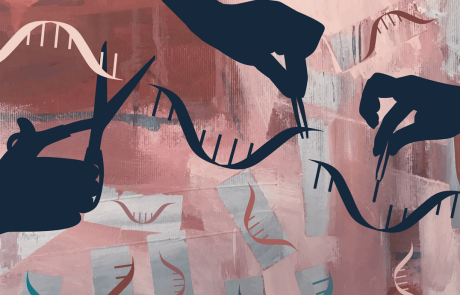
Gene Editing Aims to Control T1D
Benaroya Research Institute (BRI) and Seattle Children’s Research Institute (SCRI) are pioneering the use of gene editing techniques in efforts to control type 1 diabetes (T1D).


